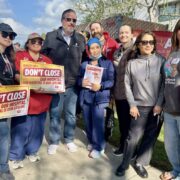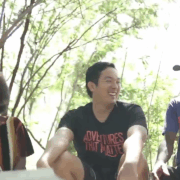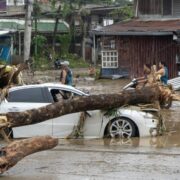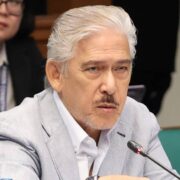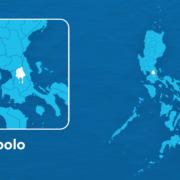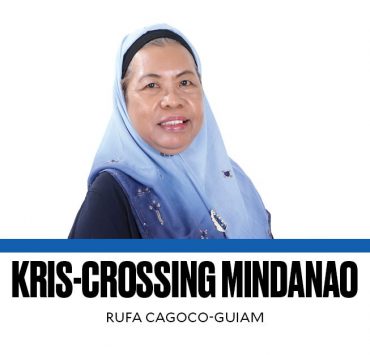‘El Pépé’
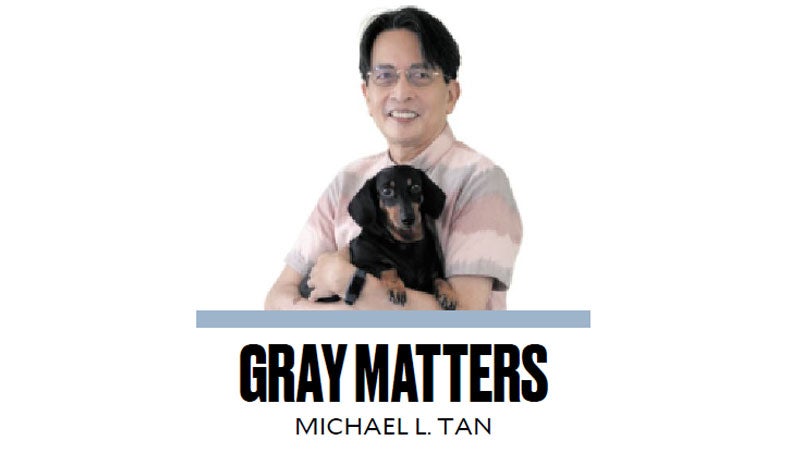
He drove himself to his 2010 presidential inauguration ceremony in a Volkswagen Beetle. A few years earlier, he and his wife, Lucia Topolansky, who had also been elected to Congress, drove to their swearing-in on a motorcycle.
As president, he would fly on inexpensive airlines, using cheap routes that involved endless stopovers, even though he was already in his 70s. Other Latin American presidents would send their planes to pick him up from Uruguay.
He was described as the world’s poorest president. His monthly salary was $12,000, 90 percent of which he donated to various projects to help low-income people. He and his wife did not live in a presidential mansion, choosing instead to live on their farm, where they planted flowers to sell. They had a three-legged dog, Manuela, who lost a leg in an accident at age 10 but lived another 10 years, accompanying the couple to many official functions.
This was Jose Mujica, called by his nickname Pépé by Uruguayans. He served his country in various positions: senator, agriculture secretary, president, and former guerrilla. He died last May 13, a week short of his 90th birthday, after a long battle with cancer.
Born to a horticulturist mother and a rancher father who went bankrupt, Mujica grew up in poverty. At age 14, he was already known for street politics, speaking out against labor injustices.
In 1964, he joined the Tupamaro urban guerrilla movement. Mujica said he never killed anyone, but participated in many of the guerrilla movement’s operations, like Robin Hood-style bank robberies, and was hunted down by the government, especially when a right-wing dictatorship controlled the country from 1973 to 1985.
He was imprisoned several times—for a total of nearly 13 years—much of which was in solitary confinement. He does not like describing his imprisonment as suffering, referring to those years more in terms of his determination to keep his sanity. He was well-read, so in prison, he would recall what he had read, talking to “the person inside me.” It was, he said, a time to think and rethink and “ask questions that are rarely asked in everyday life.”
I was fascinated by other “anti-insanity” strategies he had. He would share bread with rats and talk with frogs. He would also take ants and put them close to his ear, where, he claimed, he could hear them screaming. Curious, I checked the science literature; actually, ants don’t have vocal cords, but they do rub their legs, and the friction can create sounds that can sound like screams.
Mujica’s life as a revolutionary meant many close brushes with death, including sustaining six serious bullet wounds when soldiers stormed into a bar where he and his comrades were drinking. He credits a transfusion of 12 liters of blood with having saved his life.
Another adventure, in much slower motion, involved him and some 105 (newspaper reports varied) other guerrillas escaping from a penitentiary by digging a 40-meter tunnel to a house across the street. Mujica liked to describe that daring escape as part of a love story, saying that when he stuck his head up from the tunnel, he found freedom and met, for the first time, Lucia Topolansky, a fellow guerrilla who was to become his life partner. They were rearrested shortly after and separated for several years. Reunited, they lived together for some 20 years before Mujica announced on national television that he was going to marry her. He did that without telling her ahead of time.
In an interview, he observed how romance changes during a lifetime: when you’re young, love is volcanic. When you’re old, it’s like a sweet habit.
Mujica was known for his progressive policies, including transforming Uruguay into a hub for green energy. By the end of his term, more than 90 percent of the country’s energy grid was using renewable resources.
More controversially, he supported legislation for same-sex marriages, abortion up to 12 weeks, and government control of marijuana production. Mujica himself never tried marijuana but felt that problems with “grass” could not be solved by punitive measures.
The description of Mujica as the “poorest president” bothers me. During his funeral procession, Al-Jazeera interviewed Daniel Martinez, a former presidential candidate, who proposed something more profound, describing Mujica as an example of someone who lived the best of humanity’s values: respect, tolerance, protection of the environment, leaving individualism behind.
Mujica was buried in his farm under a redwood tree, close to his three-legged Manuela.
An excellent documentary about Mujica, “El Pépé” can be found on Netflix.




